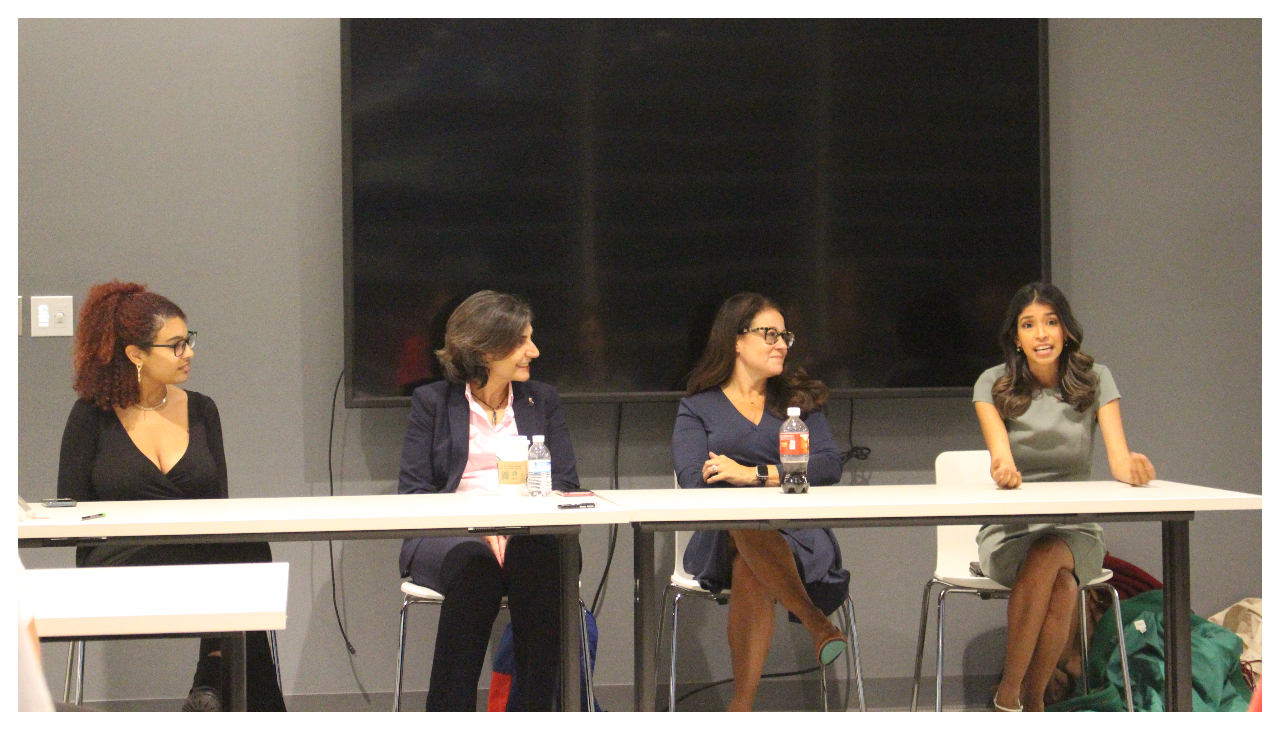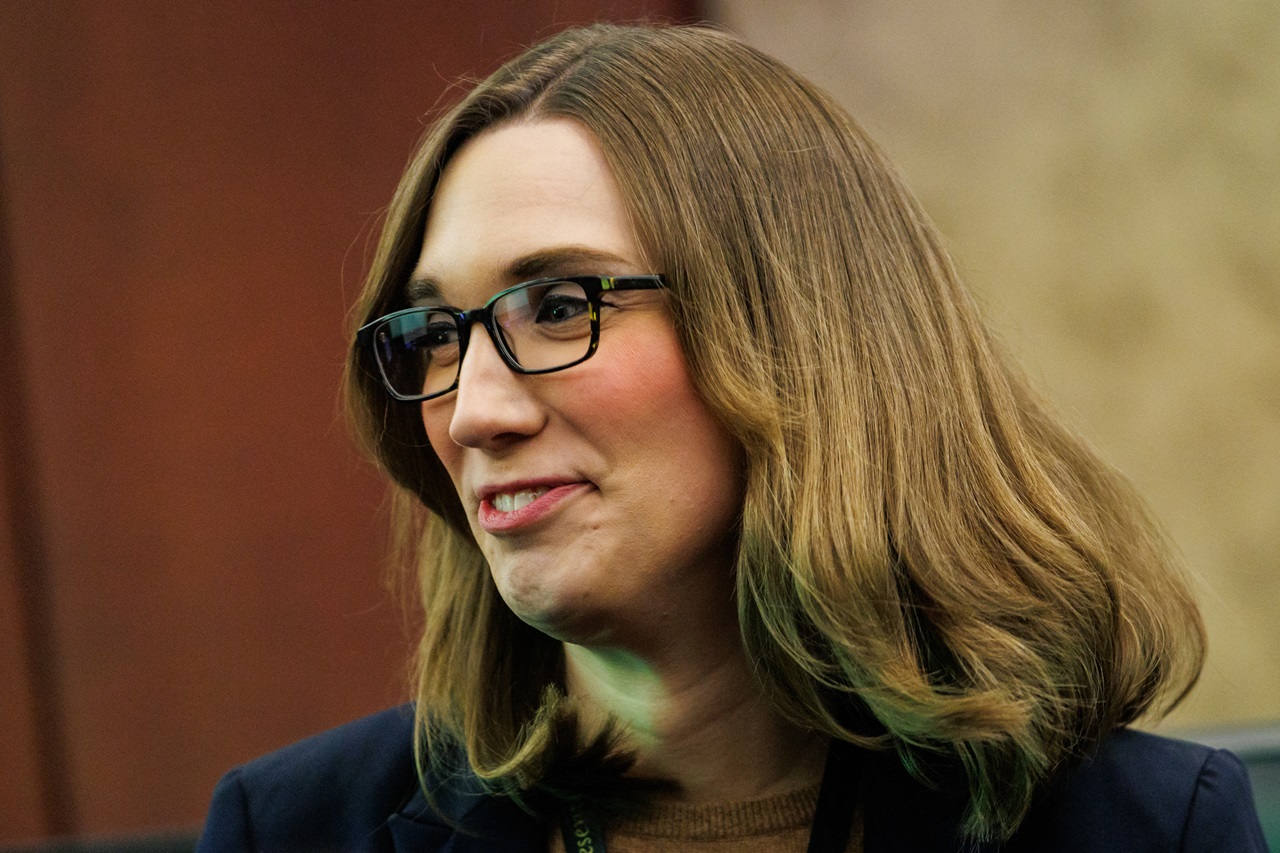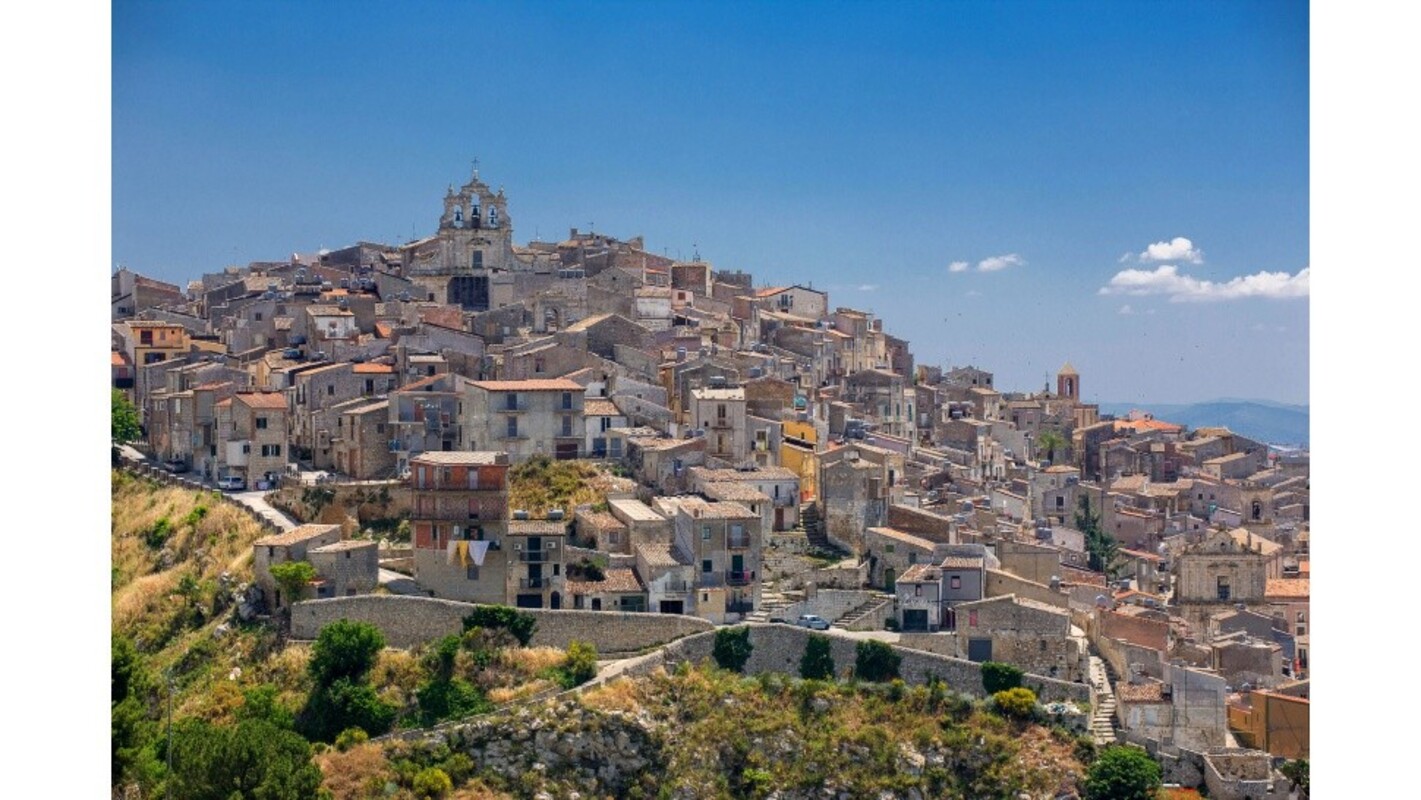
Four Latina professionals share their experiences in a Drexel Hispanic Heritage Month event
On Wednesday, Oct. 12, Drexel University students brought together a panel of four prominent Latinas to speak on Hispanic Heritage Month, of both their own personal experiences and their careers.
The speakers are comprised of Kiara Santos, the head of Drexel’s student newspaper The Triangle; Isabel Sanchez, reporter for Telemundo62; Tulia Falleti, professor of Political Science and Director of Latin American and Latinx Studies Program at the University of Pennsylvania; Raquel Arredondo, Assistant Dean for Diversity, Equity, & Inclusion at University of Pennsylvania Graduate School of Education.
The four panelists were a mix of Latinas in different stages of their careers, each with her own background and unique perspective on what Hispanic Heritage Month means to them.
The panel was organized and moderated by Oscar Lopez, president of Drexel’s Public Relations Student Society of America, co-moderated by Christine Benitez, program associate for Latinos for a United Campus (LUC), a Latinx culture club on Drexel's campus.
Each panelist spoke on their own experiences, careers, and what Hispanic Heritage Month meant to them.
For Kiara Santos, a senior journalism student and head of Drexel’s student newspaper, The Triangle, her perception of journalism was changed through conversations with another Latina journalist. As an Afro-Latina herself, Santos learned through her that the field of journalism can be hostile to women like her.
Rather than accept defeat in the face of these difficulties, she is determined to face the challenges ahead, with her goal firmly set on winning a Pulitzer prize.
As someone who works in a primarily white institution, Santos sees Hispanic Heritage Month as an opportunity for those around her to learn more about her culture and her background.
“I do believe that what I have done and what my identity means to me, it has impacted so much of my life and to be able to share that for a whole month is wonderful,” Santos said.
As a fellow reporter, Isabel Sánchez, reporter for Telemundo62, was able to relate to the relatively recent attention the Latino community has received from the media.
“There is that interest and it has taken a lot of time to get there, to make it matter. But now that we're here, I'm just leveraging it, I'm holding on to [it]... squeezing as tight as I can, until it doesn't become an odd thing. It's just part of how things are done,” Sánchez said.
As someone who has personally shone light on the Latino community’s stories, Sánchez has seen the impact her work has had.
One of the toughest stories she ever covered was the death of a man in a strip club following a fight. His family were immigrants, half of them undocumented, but were willing to take a public platform with Sánchez’s aid to ensure that justice was properly carried out by the police and the strip club shut down.
Sánchez has been close to the family ever since then; their story inspiring other members of the Latino community to be able to come forward about their own stories.
Like Sánchez, Tulia Falleti has found a role in platforming people’s stories as professor of Political Science and Director of Latin American and Latinx Studies Program at the University of Pennsylvania.
Falleti’s work is currently focused on collating the stories of indigenous peoples of Argentina, though she credits her previous experience in academia as removing barriers in her line of work.
“Quite often you are navigating this space in between academia and activism, when you work with marginalized communities. It's not easy, [but] I think it's easier for me to do because I'm more advanced in my career. I think if I had started here, I'm not sure I would have been able to pull through to get promoted in my profession,” she said.
CONTENIDO RELACIONADO
Being born in Argentina and immigrating to the U.S., Falleti has had a different experience with the Latino community, not identifying as Latina until she received citizenship in 2012.
Before then, she had felt like a foreigner. Afterwards, she began to feel like America was her second home.
“This is the first Hispanic Heritage month's event I've ever done. In the past, I was invited, and I always say, ‘Well, but I'm not US born,’” Falleti said.
“I used to say, ‘I'm not from here, I'm not from there’. But that's not true. I'm a hybrid. So I'm trying to embrace my hybridity, which is that I mentioned I’m [Argentinian], I'm also American, I'm Latina, I'm also Italian… I'm all of those things,” Falleti added.
Raquel Arredondo, like Falleti, is a first generation immigrant. For her, being an immigrant meant speaking English only, keeping her head down, and working hard — a mindset that left her feeling like she was losing a part of her identity.
For a long while, Hispanic Heritage Month was just another set of days for her. It wouldn’t be until she worked for Drexel to promote diversity, equity, and inclusion that she would realize how it benefited her career.
“I spent so much of my life just trying to assimilate into an American culture that when I started doing the outreach work for Drexel, that's when I started connecting with these groups; with Prospanica, with ALPFA, with AL DÍA,” Arredondo explained.
In her professional roles, she uses the month to educate her colleagues and her students, and to take on public speaking roles to be able to educate others about the nuances of Latino cultures.
Currently, she is the Assistant Dean for Diversity, Equity, & Inclusion at University of Pennsylvania Graduate School of Education.
“A lot of people tend to think of Latin American Hispanics as a monolith, that we all kind of live the same existence, the same foods, and everything else. So that's something that I keep in the back of my head as I approach Hispanic Heritage Month: as a way to share some of these nuances about the culture,” Arredondo said.










DEJE UN COMENTARIO:
¡Únete a la discusión! Deja un comentario.